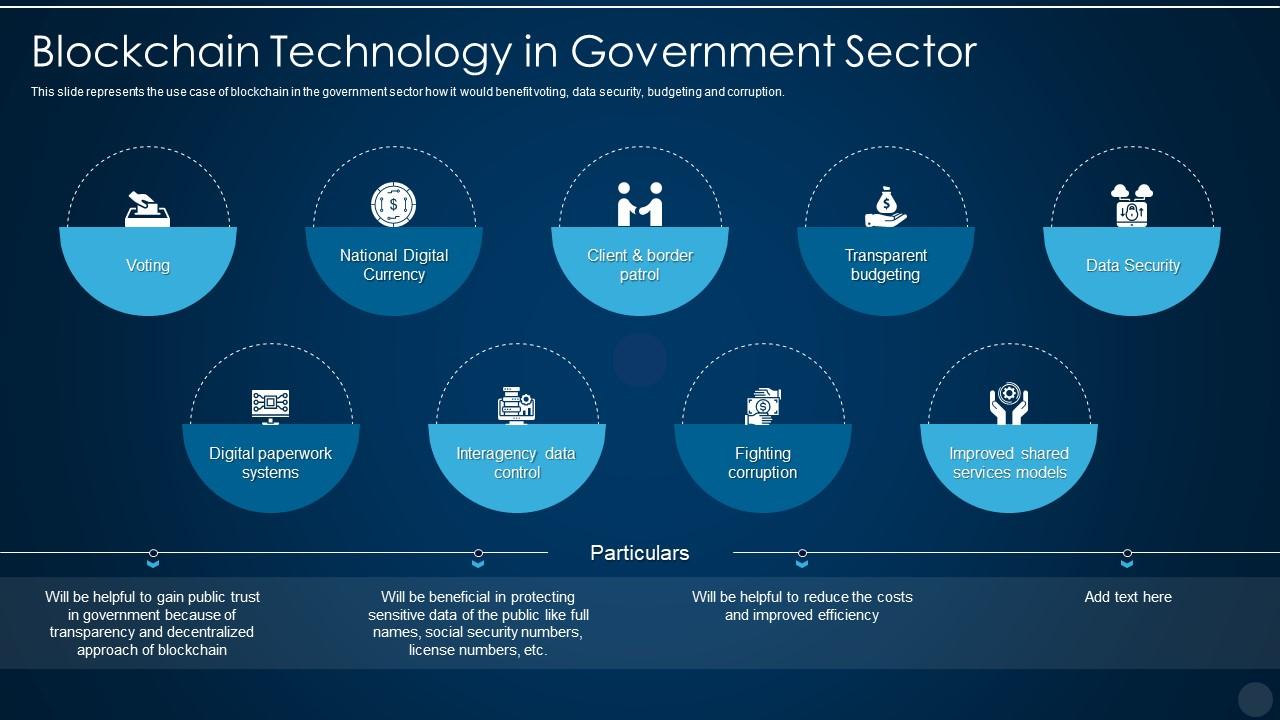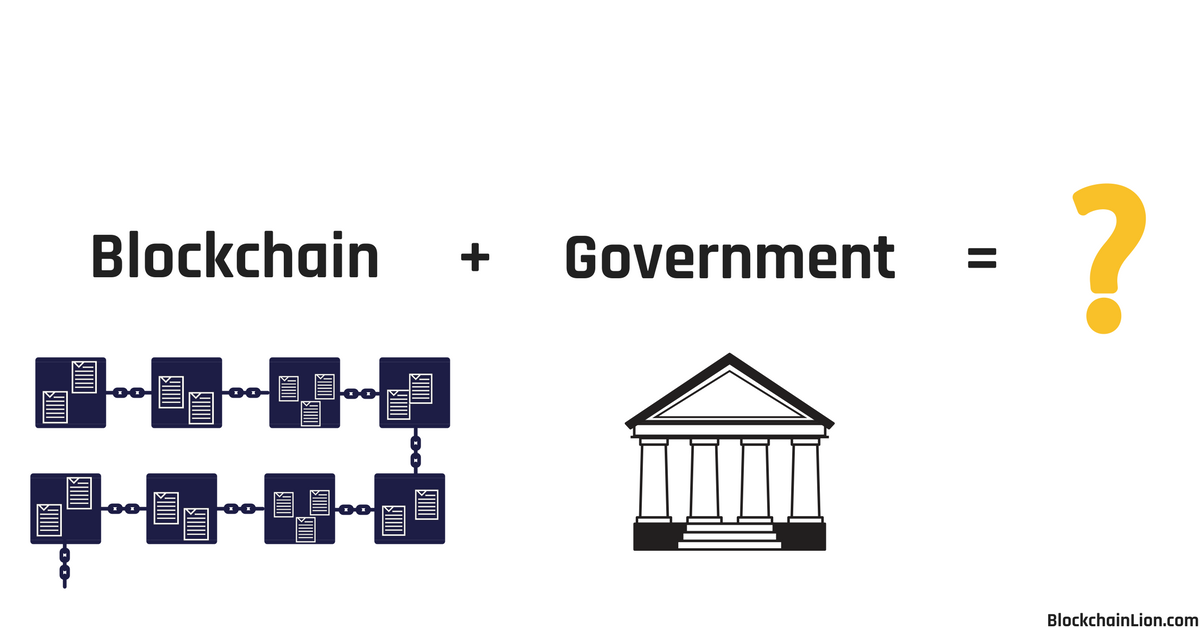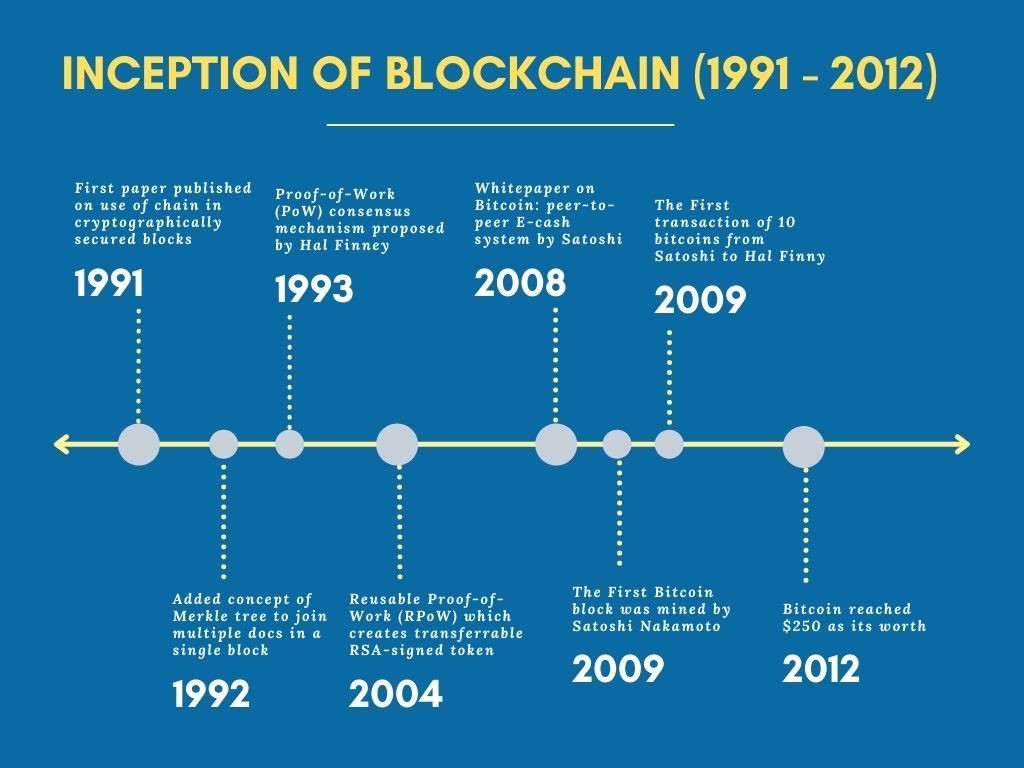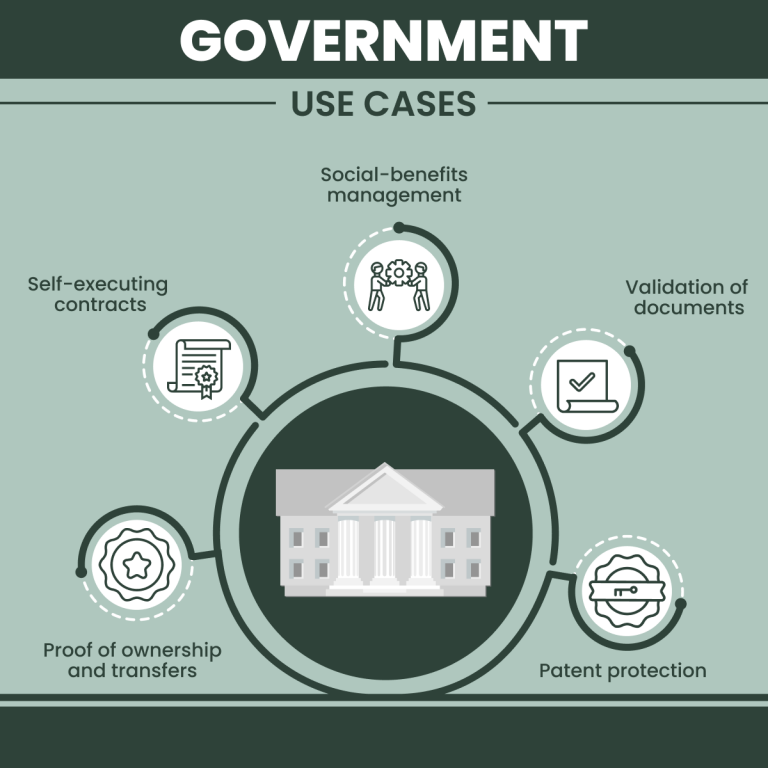Alright, let’s cut to the chase! The question on everyone’s mind these days isn’t just about cryptocurrencies but also when was blockchain technology first used in a government registry? So grab your favorite comfort snack, and let’s dive in!

when was blockchain technology first used in a government registry?
The Birth of Blockchain in Governance
Believe it or not, the earliest recorded case of blockchain technology being utilized in a government registry was in Sweden, and it happened in 2016! As a part of a pilot project aimed at exploring the feasibility of using blockchain for land registries, the Swedish Land Registry began incorporating this groundbreaking technology to simplify and secure the ownership transfer process.

when was blockchain technology first used in a government registry?
What Sparked the Interest?
Why did Sweden jump on the blockchain bandwagon? Well, the land ownership process had always been somewhat cumbersome and paper-heavy. By integrating blockchain, the Swedish government aimed to create a transparent and immutable record, making real estate transactions faster and more efficient.

when was blockchain technology first used in a government registry?
Global Adoption of Blockchain Technology
Following in Sweden’s footsteps, several nations embarked on their blockchain journeys. For instance, the government of Estonia adopted blockchain for various public services, including e-residency and digital identification—a pioneering move that highlighted the adaptability of this technology within governmental processes.

when was blockchain technology first used in a government registry?
A Look at Case Studies
Estonia’s innovative approach showed how blockchain could revolutionize the digital identity system. By storing citizen data securely on the blockchain, the government ensured that access to personal information was limited to authorized entities. This type of implementation has not only enhanced security but has also built greater trust in government processes.

when was blockchain technology first used in a government registry?
Keywords: blockchain, government registry, Estonia, Sweden, digital identity.
How Governments are Harnessing Blockchain Technology
Now that we’ve established when was blockchain technology first used in a government registry, let’s discuss how governments worldwide are leveraging this innovation.
Streamlining Operations
One of the most notable advantages of blockchain is its ability to streamline government operations. With immutable records, officials can reduce fraud and error in administrative processes.
Use Case: Singapore
Singapore has been at the forefront of blockchain exploration. The Smart Nation initiative makes use of blockchain technology to enhance public service delivery. For instance, their land registry has utilized blockchain to minimize time and costs involved in property transactions.
Advantages of Blockchain in Governance: Benefits Worth Considering
So, you might be wondering—what are the actual benefits of using blockchain in government registries? Let’s break it down—
1. Transparency and Trust
The inherent transparency of blockchain means that records cannot be altered without consensus. This creates an environment of trust, often lacking in traditional systems. Think about it: fewer disputes over property ownership when the records are clear and verifiable!
2. Security and Integrity
Blockchain technology utilizes encryption and consensus protocols, making it incredibly secure. In governmental contexts, this means protecting sensitive information from data breaches.
3. Efficiency and Reduced Costs
By eliminating intermediaries, blockchain can significantly reduce costs associated with transaction processing. This is a win-win for governments and citizens alike!
Diagram: Benefits of Blockchain for Government Registries
Real-Life User Experiences
To wrap up this discussion, let’s take a look at a few real-life experiences from citizens who have directly interacted with blockchain-based government registries.
Jenna’s Property Sale
Consider Jenna, a homeowner in Sweden. When selling her house, the blockchain technology allowed her to complete the entire process virtually. The immutability of records ensured that no discrepancies arose during the sale, making it seamless and stress-free. She noted, “I felt more secure knowing that everything was documented and that I wouldn’t have to deal with paperwork that could get lost.” This is the kind of experience that encourages pet owners, like Jenna, to adopt technologies that save time and hassle.
James’s New Business in Singapore
In Singapore, James, a new business owner, expressed how blockchain technology simplified his registration process, “I used to think that starting a business involved endless paperwork, but all I had to do was upload documents to the blockchain system, and it was done!” This reflects the increased efficiency this tech can bring to budding entrepreneurs.
Future Trends: What’s Next for Blockchain in Government Registries?
The evolution doesn’t end here! As governmental bodies explore more blockchain possibilities, we may witness its expansion into areas like voting systems, tax collection, and beyond.
Predictions for 2024 and Beyond
Experts suggest that by 2024, the number of governments employing blockchain for registries could quadruple. The increased focus on cybersecurity and efficiency means that public sector entities cannot afford to overlook this revolutionary technology anymore.
Final Thoughts
To answer the pressing question: when was blockchain technology first used in a government registry? The answer is 2016 in Sweden, but this is just the tip of the iceberg! As more governments around the globe start to embrace this technology, the potential it holds for efficiency, transparency, and security is limitless.
Your Turn!
What do you think about the incorporation of blockchain in government? Have you had experiences with blockchain services? Feel free to drop your thoughts in the comments!


